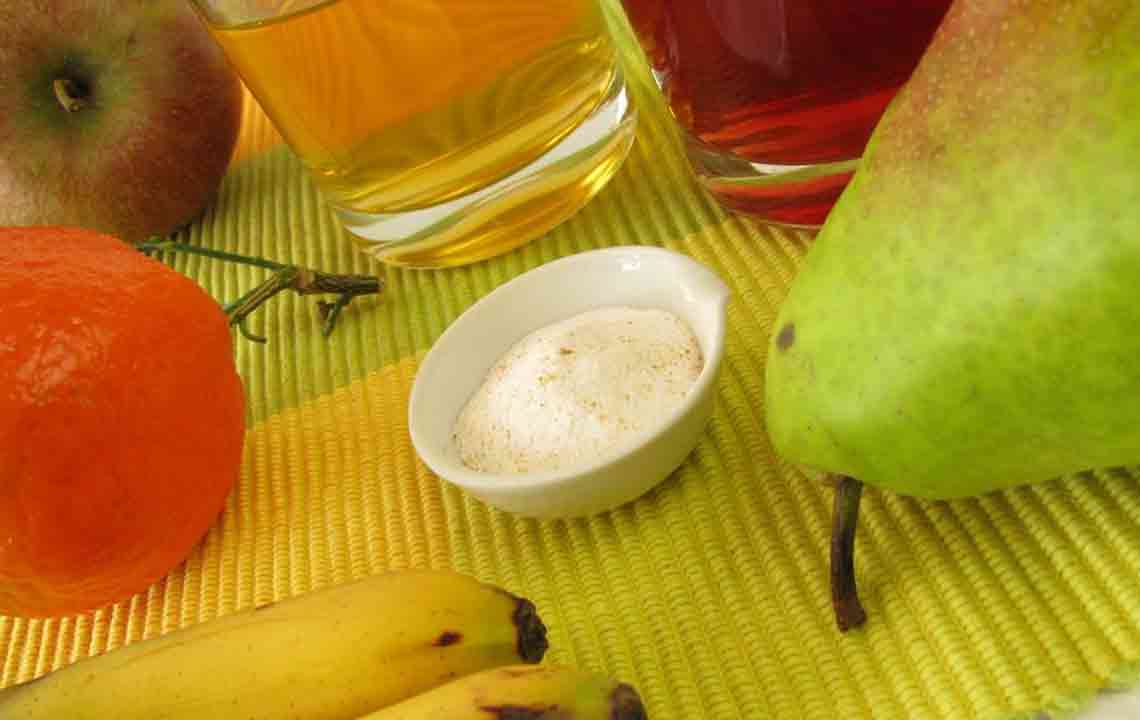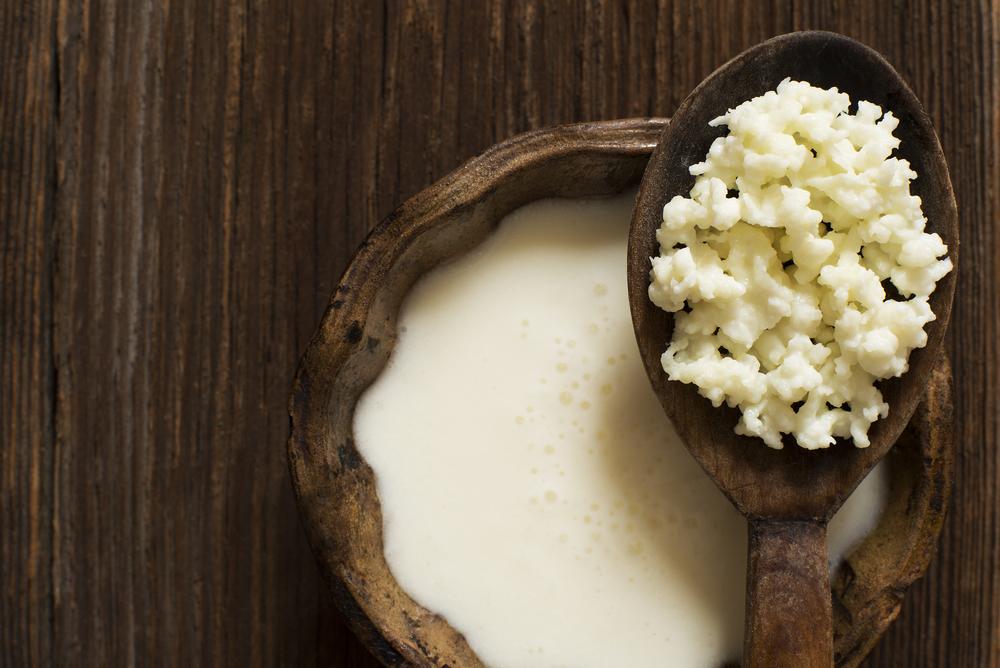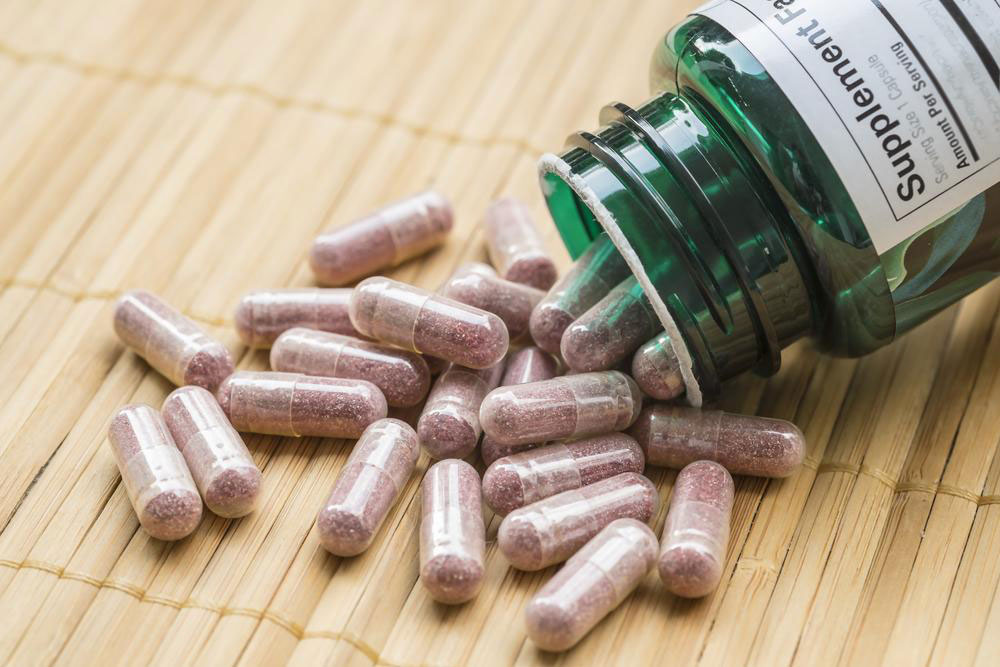Ultimate Overview of Probiotics: Health Benefits and Key Facts
Explore the comprehensive benefits of probiotics, from digestion support and immunity enhancement to skin and heart health. Learn about different strains, proper usage, and potential side effects. Discover how incorporating probiotic foods into your diet can boost overall wellness and prevent common health issues naturally.

Ultimate Overview of Probiotics: Health Benefits and Key Facts
Although bacteria are often associated with diseases, many microorganisms are actually beneficial. Our bodies naturally host both advantageous and harmful bacteria. Probiotics are beneficial bacteria essential for good health, supporting digestion, and strengthening immune defenses. These helpful microbes are available through certain foods and dietary supplements. Emerging research reveals that probiotics' benefits extend beyond gut health, positively impacting multiple systems and enhancing overall wellness.
Types of Probiotics
There are various probiotic strains, and consulting a healthcare provider can help identify the most suitable options for individual needs. The two primary probiotic categories are:
Lactobacillus
Found predominantly in yogurt and fermented foods, Lactobacillus supports digestive function and alleviates lactose intolerance symptoms.
Bifidobacterium
Present in some dairy products, this bacteria helps manage conditions like irritable bowel syndrome (IBS).
Probiotics are classified by the FDA as dietary supplements and are not considered medications. Since research into probiotics is ongoing, they are not subject to the strict testing protocols that drugs undergo. Many studies highlight their health benefits. Always consult your healthcare provider to verify supplement quality and efficacy.
Health Advantages of Probiotics
Supporting Digestive Health
Probiotics restore balance in the gut microbiome, aiding recovery after illness or medication, and reducing diarrhea.
Alleviating Allergies and Skin Conditions
Initial studies suggest certain strains may lessen eczema symptoms in children and assist individuals with dairy allergies or lactose intolerance.
Boosting Immunity
These microbes inhibit harmful bacteria growth, thereby strengthening immune function.
Weight Management Support
Some probiotics assist in weight control by limiting dietary fat absorption, though effects vary among strains.
Managing Urinary Tract Health
Probiotics can restore the balance of vaginal bacteria, potentially preventing infections such as bacterial vaginosis and yeast infections, often used alongside antibiotics or as suppositories.
Pregnancy Support
During pregnancy, probiotics may lower the risk of vaginal infections, promoting maternal and fetal health.
Cardiovascular Benefits
Certain strains like Lactobacillus may help reduce LDL cholesterol, supporting heart health.
Oral Hygiene
Probiotics fight bacteria responsible for tooth decay and gum disease, improving dental health.
Possible Side Effects
Probiotics are generally safe and cause few or no adverse effects for most people. However, those with weakened immune systems or serious health issues should seek medical advice before starting. Mild side effects like bloating, gas, or stomach discomfort may occur temporarily. Discontinue use and consult a healthcare professional if allergic reactions happen. Incorporate probiotic-rich foods like yogurt, aged cheeses, and apple cider vinegar into your diet to boost health benefits naturally.


